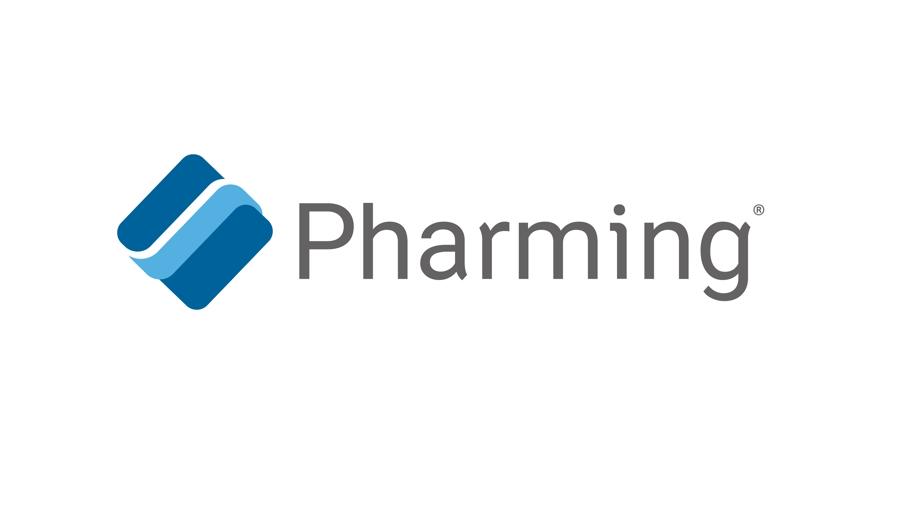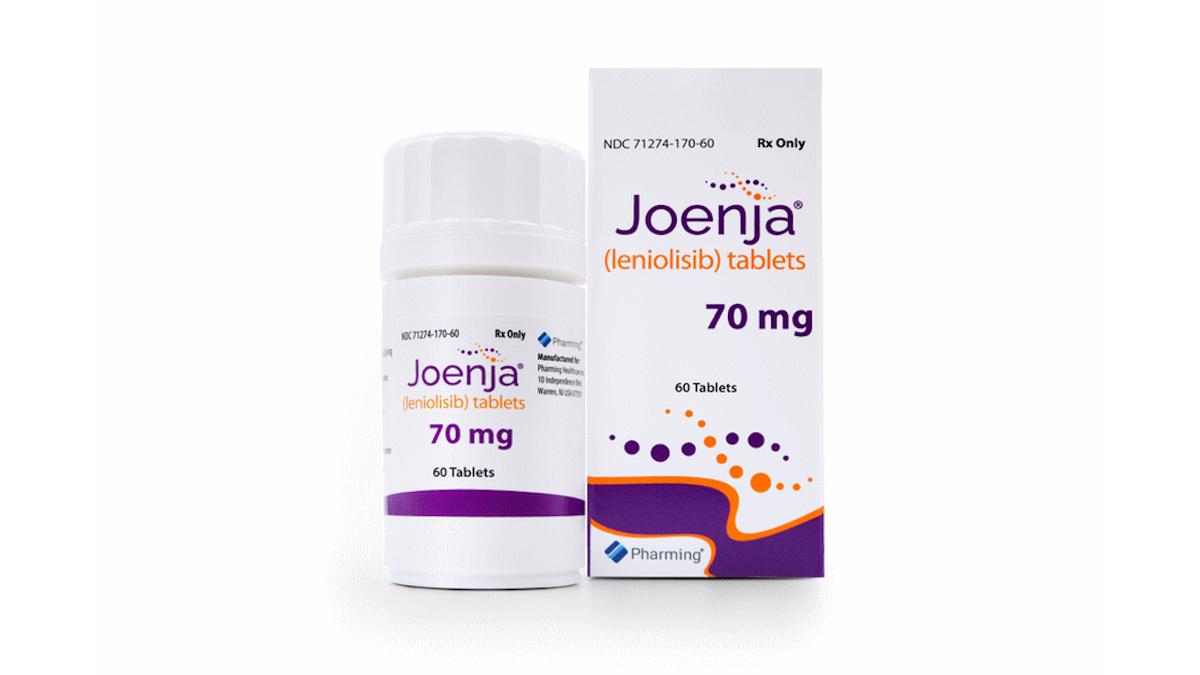Pharming brings first drug for rare disease APDS to US

Dutch biotech Pharming has claimed FDA approval for Joenja, the first drug indicated for recently identified rare immunodeficiency disorder activated phosphoinositide 3-kinase delta (PI3Kδ) syndrome (APDS).
Joenja (leniolisib) throws a lifeline to people with APDS who suffer severe, recurrent sinopulmonary infections, autoimmune conditions, and inflammatory damage to the small intestine. Roughly a third of patients don’t live beyond 50, with the most common cause of death the development of blood cancers.
Treatment options for patients with APDS are currently limited to antibiotics for infections and immunoglobulin replacement therapy to prop up their immune systems. Some may be eligible for a potentially curative stem cell transplant, but that is associated with high morbidity and mortality.
The FDA has approved PI3Kδ inhibitor Joenja for treating APDS in patients aged 12 or over and, according to Pharming, the treatment is due to be launched in early April. A decision on the drug in Europe is due in the latter half of this year.
While there is no news from the company yet on pricing, Oppenheimer analysts have suggested it will cost upwards of $200,000 per year, as APDS is extremely rare, affecting only one or two people in a million. It has been approved largely on the back of clinical testing in 31 patients with the disease, which showed beneficial effects on the immune system, including a reduction in lymph node size.
It is the second product Pharming has brought to market after Ruconest (recombinant C1 esterase inhibitor), for another rare disease called hereditary angioedema. Ruconest made around $205 million in sales last year, and Oppenheimer has suggested peak sales for Joenja could at least match that and may reach up to $300 million.
Both drugs are prescribed by immunologists, an overlap that should allow Pharming to use its existing commercial platform to roll out Joenja.
PI3Kδ inhibitors are well-established as treatments for cancer, and leniolisib’s original developer Novartis explored its potential in oncology before licensing global rights to the programme out to Pharming in 2019 for $20 million upfront.
Pharming is due to pay $10.5 million to the big pharma on the first commercial sale and may have to pay up to $190 million in milestones if sales targets are achieved.
Pharming’s chief executive, Sijmen de Vries, said the launch of its second product “brings us closer to our goal of becoming a leading global rare disease company dedicated to patient communities with unmet medical needs.”
The approval also brings the Dutch biotech a valuable priority review voucher (PRV), which Novartis has an option to acquire for a “small minority share” of its value, typically around $100 million.
GSK was also developing a PI3Kδ inhibitor for APDS, although its nemiralisib candidate – an inhaled, rather than an oral, formulation – has been discontinued, according to Adis Insight.













